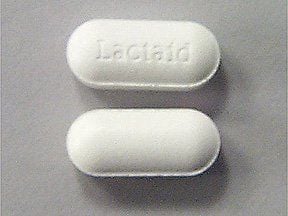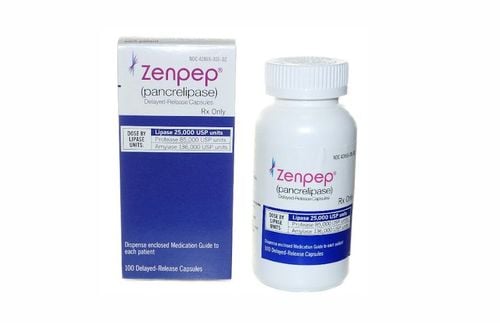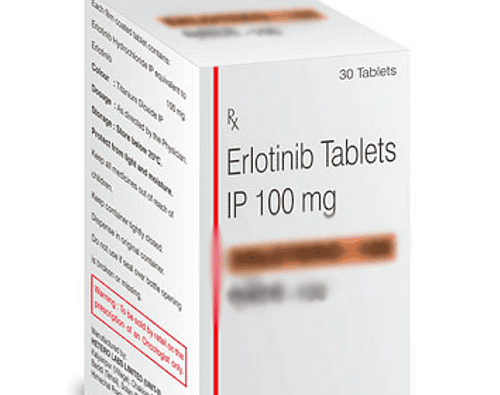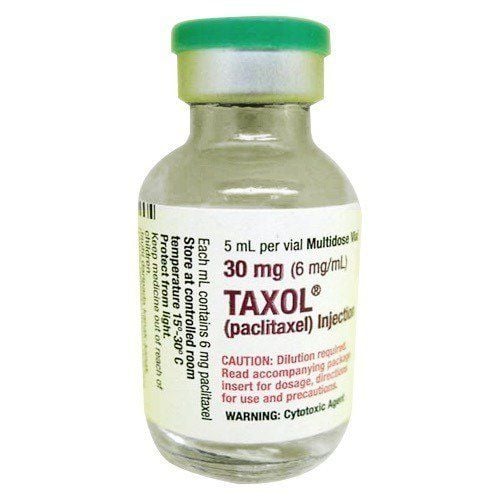This is an automatically translated article.
Posted by Master, Doctor Mai Vien Phuong - Department of Examination & Internal Medicine - Vinmec Central Park International General Hospital
The pancreas is a leaf-shaped organ that produces digestive enzymes and hormones like insulin, located near major arteries and veins. Exocrine pancreatic insufficiency (EPI) develops when your pancreas does not produce or secrete enough digestive enzymes. The following article will show the causes and treatment measures for exocrine pancreatic insufficiency.
1. What is exocrine pancreatic insufficiency?
Exocrine pancreatic insufficiency (EPI) occurs when your pancreas cannot produce or secrete enough digestive enzymes to break down food and absorb nutrients.
This leaves food undigested in the intestines and causes intestinal pain, bloating and diarrhea. Severe exocrine pancreatic insufficiency can lead to weight loss, loose stools, and malnutrition.
2. Causes of exocrine pancreatic insufficiency
Some causes of exocrine pancreatic insufficiency include:
Chronic pancreatitis Chronic pancreatitis is the most common cause of adult exocrine pancreatic insufficiency. The inflammation of the pancreas damages the cells that make digestive enzymes. That's why most people with pancreatitis also develop exocrine insufficiency.
Crohn's Disease Crohn's disease causes your immune system to attack and inflame your digestive tract. Many people with Crohn's disease or ulcerative colitis may also have exocrine pancreatic insufficiency. However, researchers have yet to determine the exact cause of this relationship.
Gastrointestinal surgery Exocrine pancreatic insufficiency is a common side effect of gastrointestinal or pancreatic surgery. According to some gastric surgery studies, up to 80% of people who have had surgery on the pancreas, stomach, or upper part of the small intestine, develop exocrine pancreatic insufficiency.
Pancreatic cancer Exocrine pancreatic insufficiency is a complication of pancreatic cancer. The process by which cancer cells replace pancreatic cells can lead to exocrine pancreatic insufficiency. A tumor can also prevent enzymes from entering the digestive tract.
Diabetes People with diabetes often have exocrine pancreatic insufficiency. Researchers have yet to find a relationship between diabetes and exocrine pancreatic insufficiency.
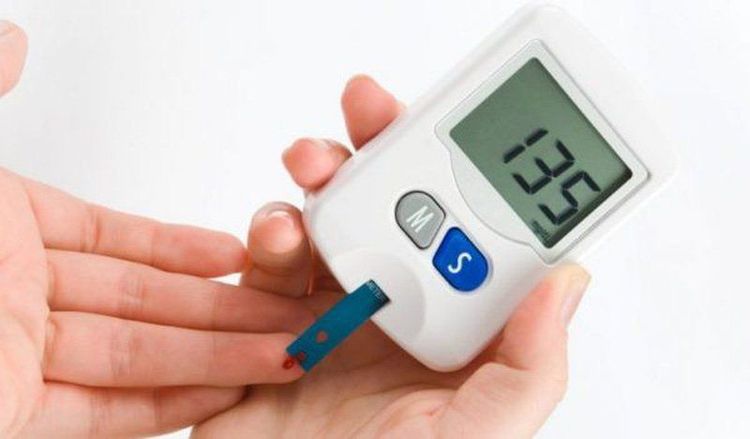
3. Treatment of exocrine pancreatic insufficiency
Currently, there is no complete cure for exocrine pancreatic insufficiency. However, steps can be taken to help relieve symptoms and improve the patient's quality of life.
3.1. Medications Here are some medications that can help treat and manage exocrine pancreatic insufficiency:
Prescription medications The pancreas secretes digestive enzymes, such as amylase, lipase, and protease into the small intestine. These enzymes are necessary for proper digestion. Because the pancreas does not produce enough of these enzymes, you may benefit from pancreatic enzyme replacement therapy (pancreatic enzyme replacement therapy).
Pancreatic enzyme replacement therapy can replace enzymes and help you absorb nutrients from the foods you eat. Your doctor will decide on the dosage based on the severity of your condition.
You will take the medicine at the beginning of each meal or snack and not on an empty stomach. If you have problems with heartburn while taking pancreatic enzyme replacement therapy, your doctor may add a proton pump inhibitor (PPI) to reduce stomach acid.
Over-the-counter (OTC) Medicines If you tend to have mild heartburn, you may not need a prescription PPI. These medications are available over-the-counter such as esomeprazole (Nexium) and lansoprazole (Prevacid).
3.2. Dietary changes A healthy diet, full of essential nutrients, will help treat the symptoms of exocrine pancreatic insufficiency.
Your doctor may recommend eating healthy fats. You should avoid foods that are difficult to digest and highly processed, especially those that contain hydrogenated oils or large amounts of animal fat.
Eating too much fiber can also affect your digestive system. Eating often, in small meals, and avoiding large, heavy meals will make it easier for your intestines to break down fats and proteins.

3.3. Lifestyle changes Lifestyle changes can improve symptoms of exocrine pancreatic insufficiency such as:
Follow a healthy diet Avoid alcohol Quit smoking Exercise regularly
Please dial HOTLINE for more information or register for an appointment HERE. Download MyVinmec app to make appointments faster and to manage your bookings easily.
References
Dervenis C. (2009). Exocrine pancreatic insufficiency and malnutrition after gastrointestinal surgery. DOI: 10,1111%2Fj.1477-2574.2009.00131.x Domínguez-Muñoz JE. (2011). Pancreatic enzyme therapy for pancreatic exocrine insufficiency. ncbi.nlm.nih.gov/pmc/articles/PMC3151413/





